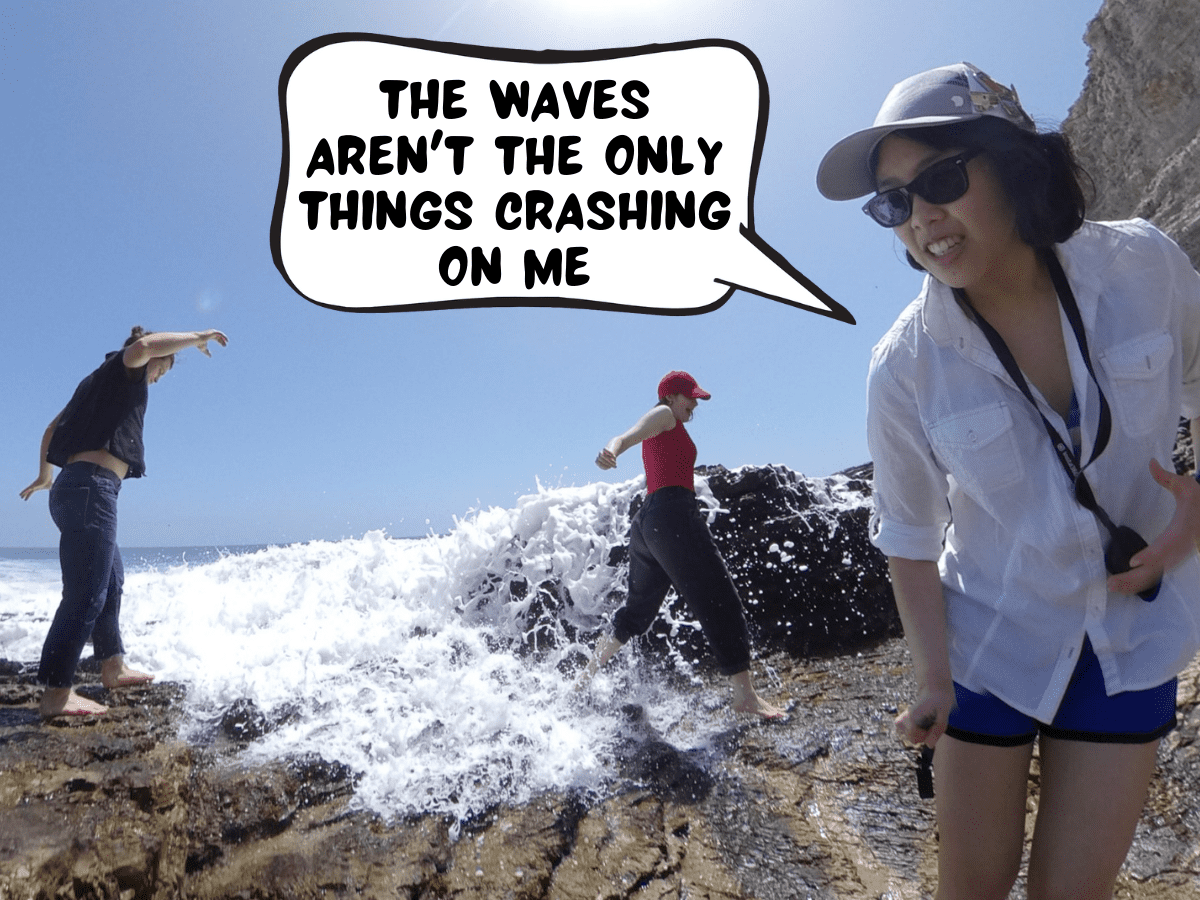
Posted: December 15, 2021
The two birthday girls, Gabby and Arina, were the most nervous ones. “Looks unsafe. I don’t know if I really want to climb up there,” they said in unison.
“As long as we stay together, we’ll be fine,” I said. It wasn’t like we planned for this. We happened to overhear some beachgoers talking about tidepools where the sand met bare rock on our chill-out, do-nothing day.
Santa Cruz, California, located 80 miles south of San Francisco, is known for surfing, its eccentric University of California campus, and its even more eccentric residents. The tiny town is a place of escapism. It has barriers — mountain ranges, an overbearing fog, and windy roads — seemingly meant to protect its locals and visitors from the techies and industrial air of nearby Silicon Valley and San Francisco. My travel writing teacher, David Farley, was once a Santa Cruz resident while schooling at the university. He wanted to feel cool and special living there, as if defying societal doldrums.
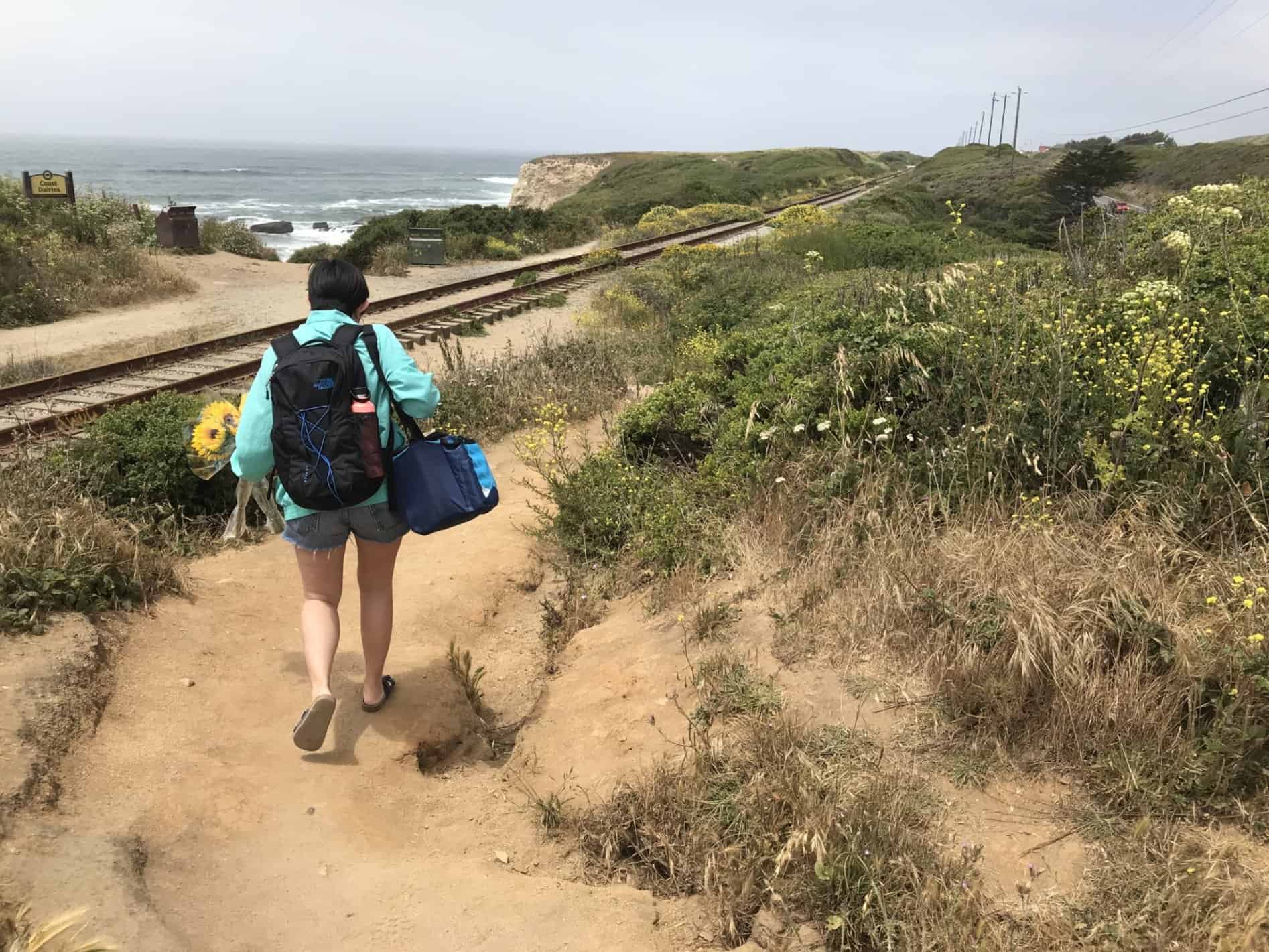
This beach town also had a great spot for tidepooling. As I was about to find out.
I couldn’t pass up the opportunity to search for sea creatures living in rocky crevices at the secluded Panther Beach, even if it meant having to climb a huge, round boulder twice as tall as an average-sized man to reach the tidepools.
But after striding across the soft sand and reaching the boulder, it was my turn to freak out. What the hell am I gonna do with my phone?
My memories get shook when thinking of my descent down a rocky slope at Arizona’s Picacho Peak, in which I had to use all four of my limbs. My climbing movements pushed my water bottle out of my backpack pocket, which plummeted with sharp clangs as it scraped against the cliffside until it slammed into the ground. I didn’t want a similar fall to happen at Panther Beach with my phone. It could easily slip out of my short pocket, flimsy as Jello, while I crawled up the boulder.
When I saw the waves crashing against the boulder, I imagined the tide splashing me, washing my phone out of my pocket. My mind was set. I was going to leave my phone behind. I strapped it inside one of my sandals and left it on a stony table formation at the base of the beach cliff.
I should be grateful for my above-average height, 5 feet, 4 inches, for a Vietnamese female. But climbing the boulder made me wish I was even taller. I lifted myself using my hands and feet, which found any small crevices in the boulder. Halfway up, I couldn’t figure a way up on my own. Luckily, my friend Andrew was already atop the boulder. We gripped hands, then I trusted his strength as his arm propelled me up into the sunny sky and onto the rugged slabs of flat rock strewn with dark green seaweed. As soon as everyone reached the top, a huge wave snapped against the boulder, the foamy water swirling around it. The timing couldn’t be more perfect.
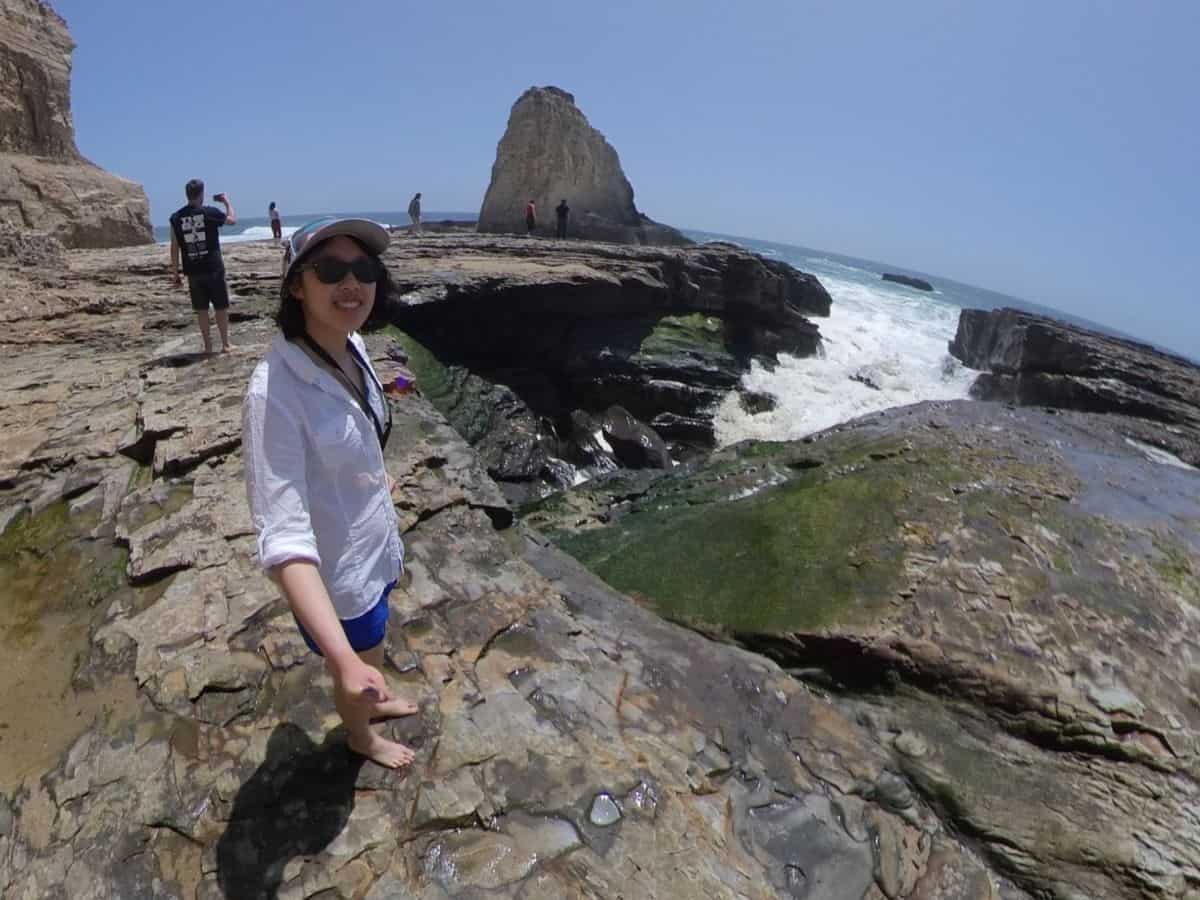
The musty, salty stench of the drenched rocky outcropping wasn’t the only thing that hit me — so did a pang of regret. What was I thinking? It was stupid of me to leave my phone behind! I could’ve handed Andrew my phone while I scampered up the boulder. I wouldn’t be surprised if it was my obsessive compulsive disorder (OCD) coming up with the horrid possibilities, considering one of my most common obsessive thoughts is losing a possession. What if high tide came in and swept my phone out to sea? Or the young teenage boys with sunkissed skin lounging along the cliff stole it? Or the heat from the sun killed it?
Since my OCD hated the uncertainty of the state of my phone, it wanted me to get back down to the sand and retrieve my phone. But I didn’t follow my obsession’s orders. I strived to embrace the uncertainty of my phone so I could overcome my mental illness’s nagging voice, even if its conflicting emotions were causing me anxiety. As a person with such a disorder, I have to put up with this every day, one way or another.
Instead of returning to the beach, I followed Gabbi, Arina, and Andrew in the opposite direction to the tidepools where stumpy tubes of sea anenomes made their homes. Their furry sea-green tentacles lining the tube tops looked like wild 1980s hairstyles.
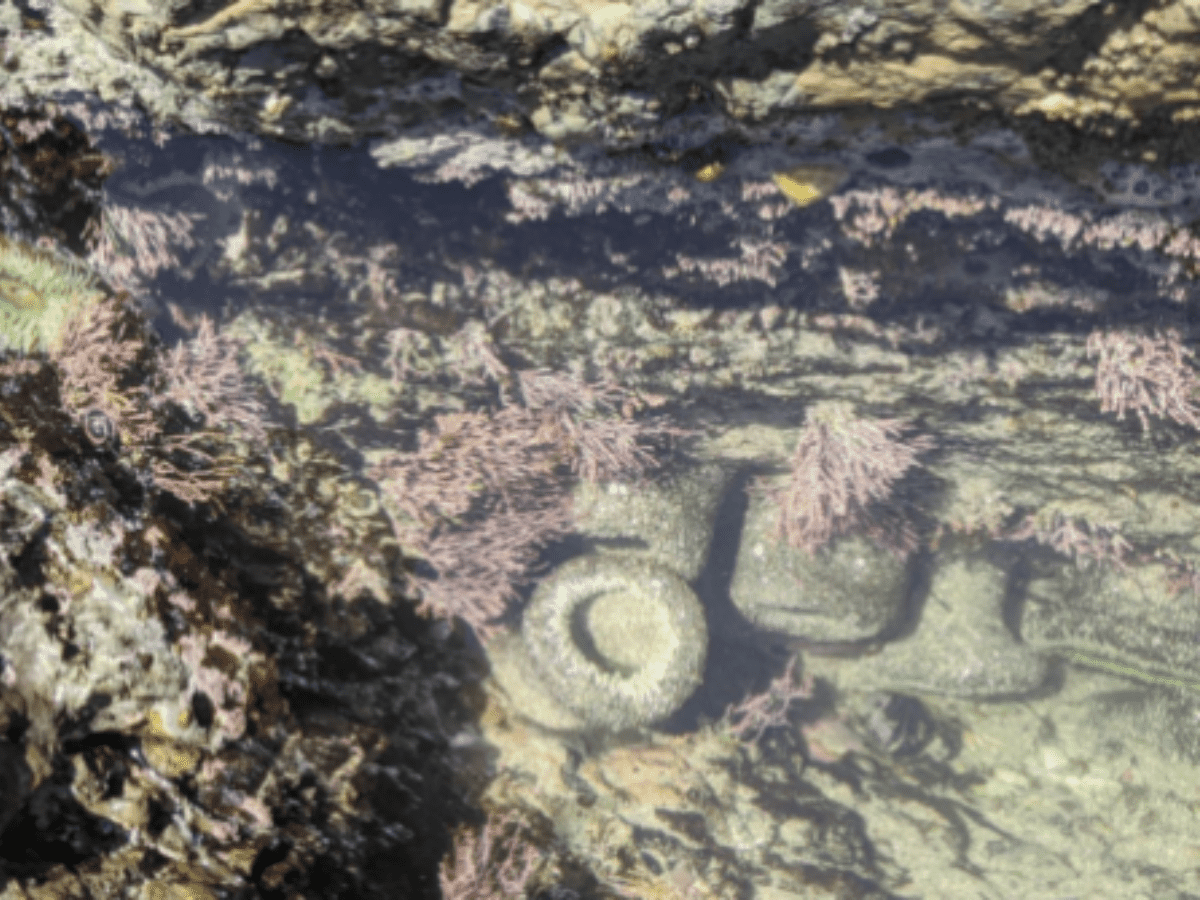
My love for marine life reached its peak when I saw a hot pink cluster of bubbly fish eggs against the wet blackened rock, only to be washed away seconds later by a surprise violent wave. The ocean must have overheard my friends talking about making a caviar meal, so it reclaimed the eggs. “No fish food for you hungry humans today!” the ocean probably said.
But instead of fully enjoying these sea creatures, my OCD interrupted me with yet another worry: This might be my only chance on this Northern California trip to visit tidepools at low tide, and I couldn’t take any photos without a phone! As a travel writer, it was important for me to keep detailed records, especially photos. What if I didn’t remember what the marine animals and rocky slabs looked like? I wouldn’t be able to add juicy descriptions in my travel stories! It would also suck not having photos for my travel blog’s Instagram page.
At this point, you’re like, *cough* Meggie, how do you have these all these photos in your post? At least I had my Insta360 camera with me. But my perfectionistic obsessions kept screaming in my head, “You need phone photos too! Your 360 videos won’t be enough!”
The entire time tidepooling, I was fraught with repetitive anxieties concerning the state of my phone and missing photos of these rare moments. I was high-strung and tired, losing focus on the tidepool animals and the magnificent wavy white flattop rock wrapping around the cliffs. When a short, chubby tidepool dude in black swimming trunks pointed us to a large crab hiding underneath a shadowy crack in the tidepools, I lied about being able to see it. It was as if my cognitive fatigue blinded me to this elusive crustacean.
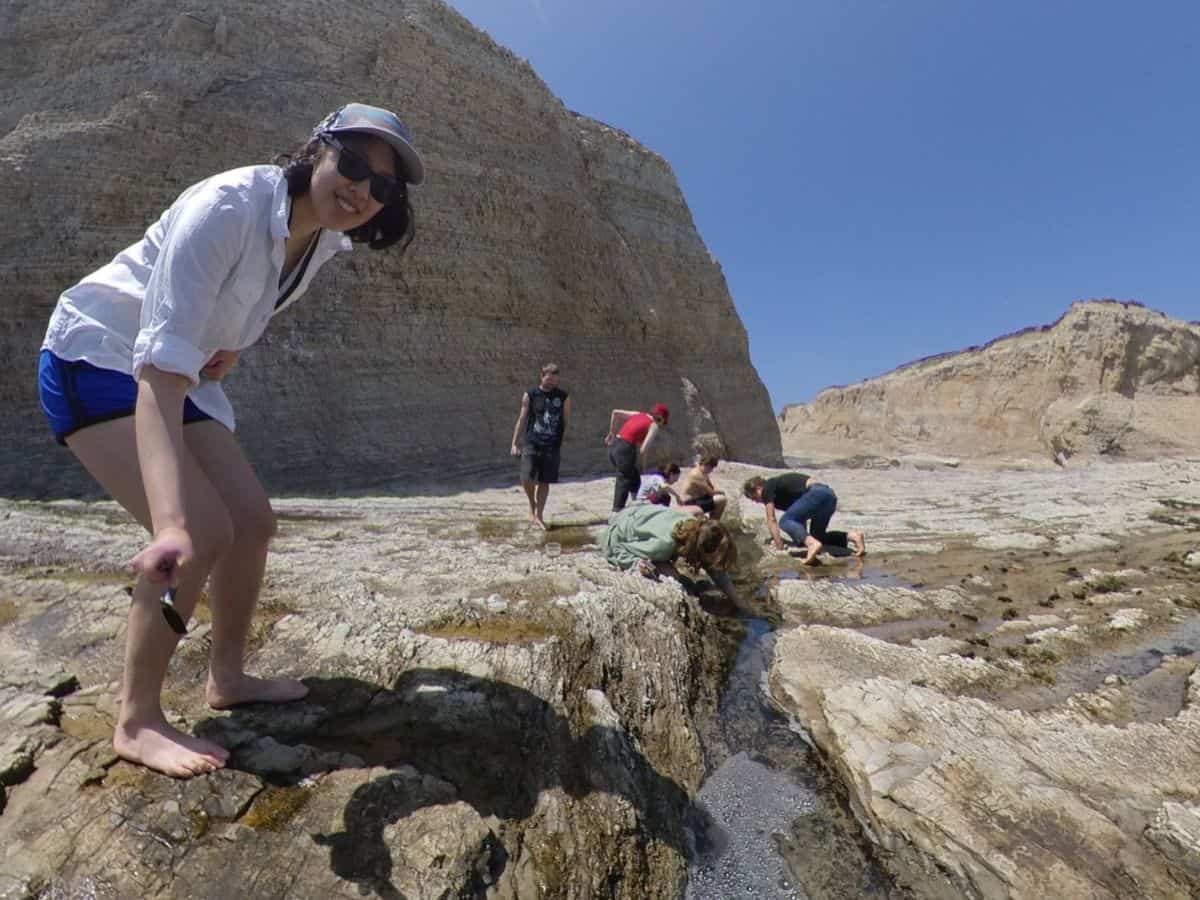
When my friends decided that they wanted to finish tidepooling, I was thrilled to go back to the sandy beach and get my phone back. Although my OCD made me worry more about it than I wanted, I really did think leaving my phone unguarded at the beach was a stupid move on my part. But the true me secretly wished to stay longer at the tidepools and find more animals with the tidepool dude (who lingered longer than any of us).
I felt like the main character of a platformer video game while heading back to the beach. Hop on this flat slab of rock. Avoid that slippery surface. Watch the pattern of the incoming tidal waves and pass through their paths while they faded out.
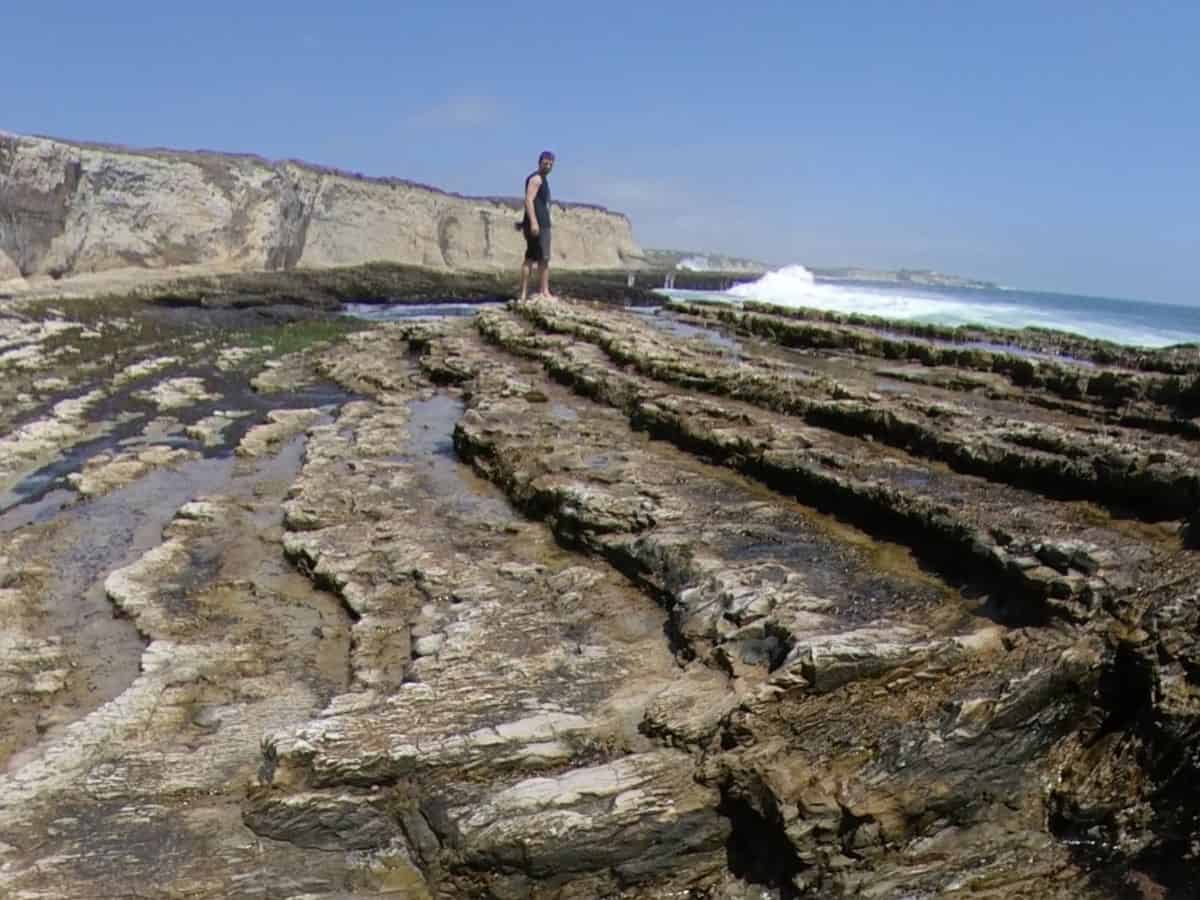
Eventually, my friends and I stood over the boulder, the final level that separated me from my phone — if it was still there. I used my arms to lower my body onto the top of the boulder, then inched down the side until I couldn’t find any more crevices to hold onto. I took a deep breath and plopped off the boulder into the squishy, damp sand. My friends from above cheered for my safe landing.
I scampered over the sand, letting its crispy fragrance welcome me back like a reunion. My thoughts bounced along. Was my sandal still there? Was it? Ummm… YES! I unstrapped it and found my phone still tucked into it like a baby in the cradle. I was grateful it was unharmed, even though the tide was rising. The dark-skinned boys were still lazing against the cliff, who didn’t seem to budge from their original positions since I left. I felt bad for mistrusting them. They simply wanted a warm day out at the beach, just like my friends and me.
As we treaded through the thick sand back to our picnic on the opposite side of the beach, I thought about the intense regret I felt at the tidepools. I had to remember that I decided to abandon my phone based on the reasons I had at the time.
No matter what decision I make during my travels or in life, uncertainty always hangs over. In the decision-making moment, the decision seems smart. But I have to let it play out to see if it really is the most ideal solution, a dumbfuck decision, or somewhere in between. In this case, I didn’t think of the consequences of leaving my phone at the beach until reaching the tidepools.
My OCD is an unforgiving mental health condition. Sometimes when I make a wrong decision, it hurts me emotionally, punishes me with obsessive thoughts swirling around in my consciousness like the fog of Northern California. But at least I was able to tolerate its painful anxiety while tidepooling. Plus, I didn’t return to the beach just to grab my phone and please my OCD. I will always have to butt heads against my OCD in tiring competitions that only I am aware of, no one else around me.
Despite having OCD, I know that making mistakes and poor decisions is a healthy way to learn about better choices for next time. On future nature excursions, I can hand my phone over to a friend. Or get myself a small packable daypack to wear on my shoulders.
As if life wanted to give me a chance to practice what I’ve learned from Panther Beach, my cousin has just invited me to go tidepooling with them in Pacifica, a small beach town 60 miles north of Santa Cruz.
You can bet I am eyeing my recently-acquired daypack right now.
Share on Pinterest!


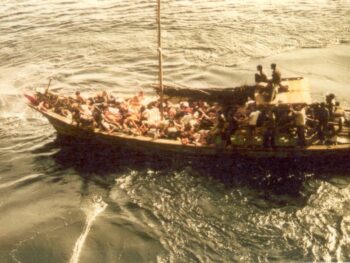
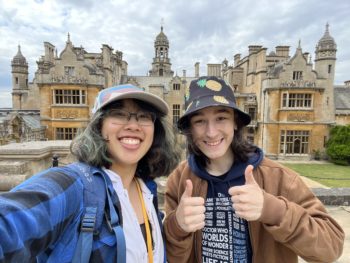
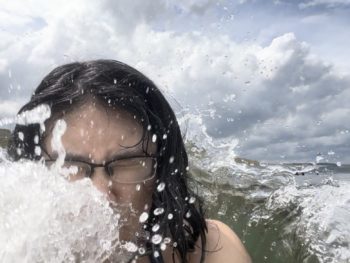
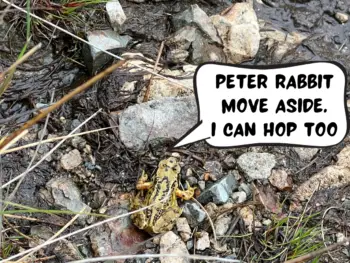



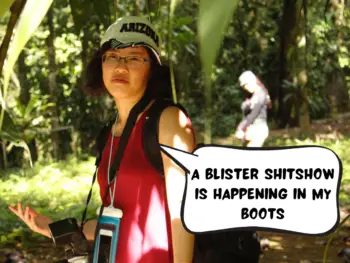

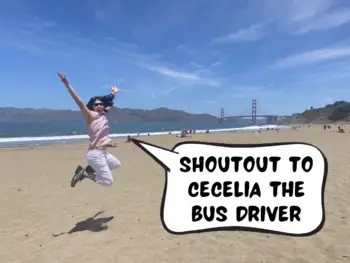


 How a Community of Penguins Established My Worldwide Travel Network
How a Community of Penguins Established My Worldwide Travel Network